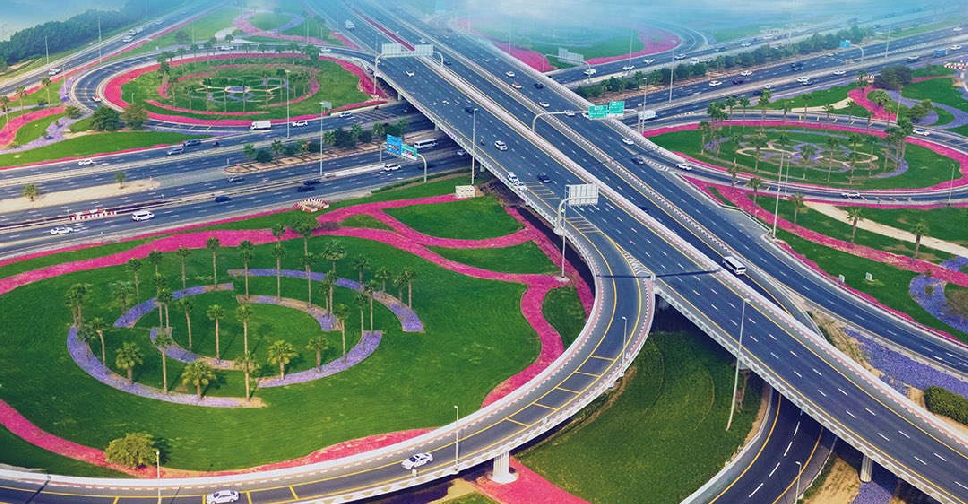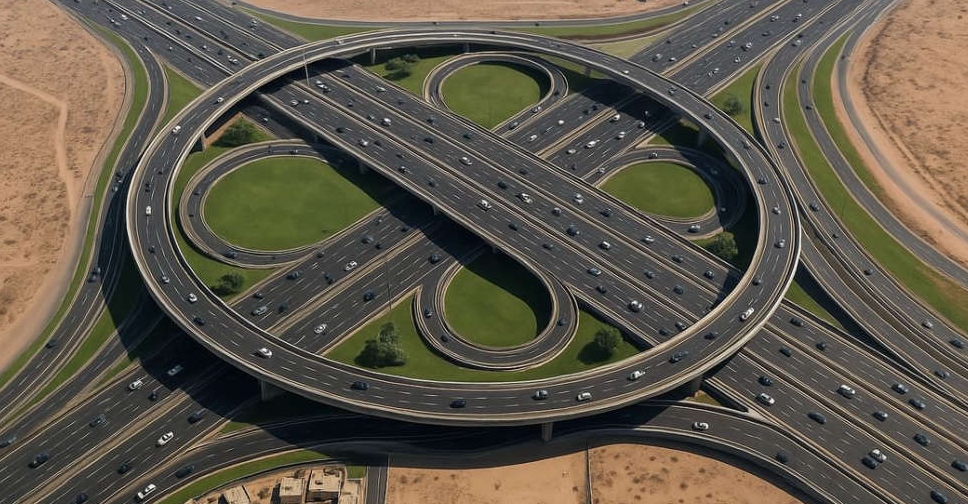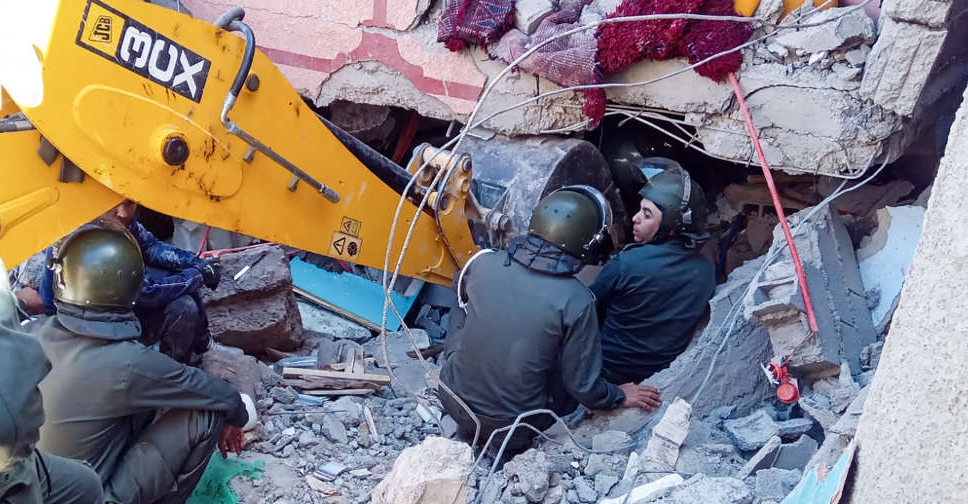
Rescuers searched on Sunday for survivors of Morocco's deadliest earthquake in more than six decades, with more than 2,000 people killed by the disaster that has laid waste to villages in the mountains near Marrakech.
Many people spent a second night in the open after the 6.8 magnitude quake hit late on Friday. Relief workers face the challenge of reaching the most badly affected villages in the High Atlas, a rugged mountain range where settlements are often remote and where many houses crumbled.
Large chunks of a cliff had broken off and fallen on to the road near Moulay Brahim, a village some 40 km south of Marrakech, partly blocking a winding road connecting the city to the Atlas Mountains.
In Moulay Brahim, makeshift tents had been erected on a dirt soccer pitch. Residents were wrapped in blankets after spending the night outside.
The latest Interior Ministry figures put the death toll at 2,012, with 2,059 people injured, including 1,404 in critical condition.
Morocco has declared three days of mourning and King Mohammed VI called for prayers for the dead to be held at mosques across the country on Sunday.
The World Health Organisation said more than 300,000 people have been affected by the disaster.
"The next 24 to 48 hours will be critical in terms of saving lives," Caroline Holt, global director of operations for the International Federation of Red Cross and Red Crescent Societies, said in a statement.
The village of Tansghart in the Ansi area, on the side of a valley where the road from Marrakech rises up into the High Atlas, was the worst hit of several visited by Reuters journalists on Saturday.
Its picturesque houses, clinging to a steep hillside, were cracked open by the shaking ground. Those still standing were missing chunks of wall or plaster. Two mosque minarets had fallen.
PULLING SURVIVORS FROM RUBBLE
There were hopes more survivors could be found.
Footage captured on Saturday in Moulay Brahim, showed rescuers pulling someone from the rubble. Two rescuers hugged each other as the person was carried away on a stretcher.
The quake's epicentre was some 72 km southwest of Marrakech, a city beloved of Moroccans and foreign tourists for its medieval mosques, palaces and seminaries richly adorned with vivid mosaic tiling amid a labyrinth of rose-hued alleyways.
Marrakech's old quarter suffered extensive damage. Families huddled on the streets, fearing their homes were no longer safe to return to.
It was Morocco's deadliest earthquake since 1960 when a quake was estimated to have killed at least 12,000 people, according to the US Geological Survey.



 Trump says US will send Patriot missiles to Ukraine
Trump says US will send Patriot missiles to Ukraine
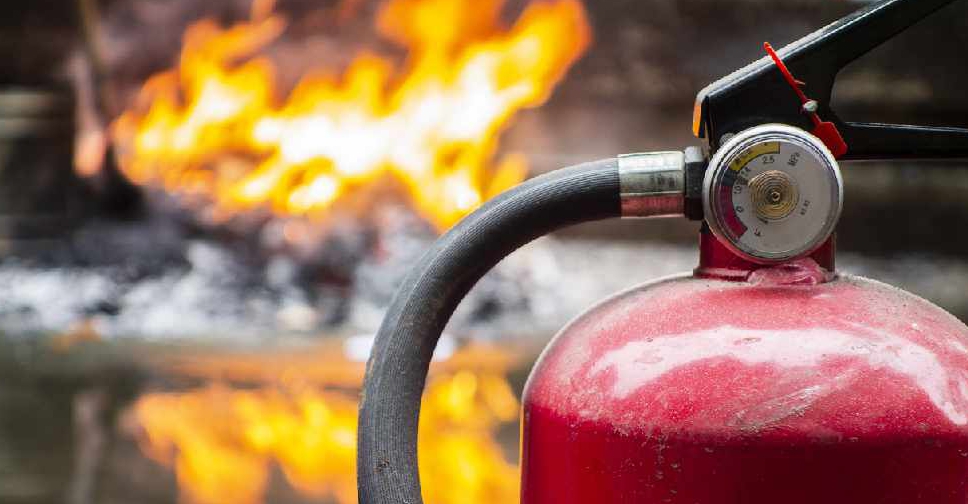 Fire at Boston-area senior living facility kills at least nine
Fire at Boston-area senior living facility kills at least nine
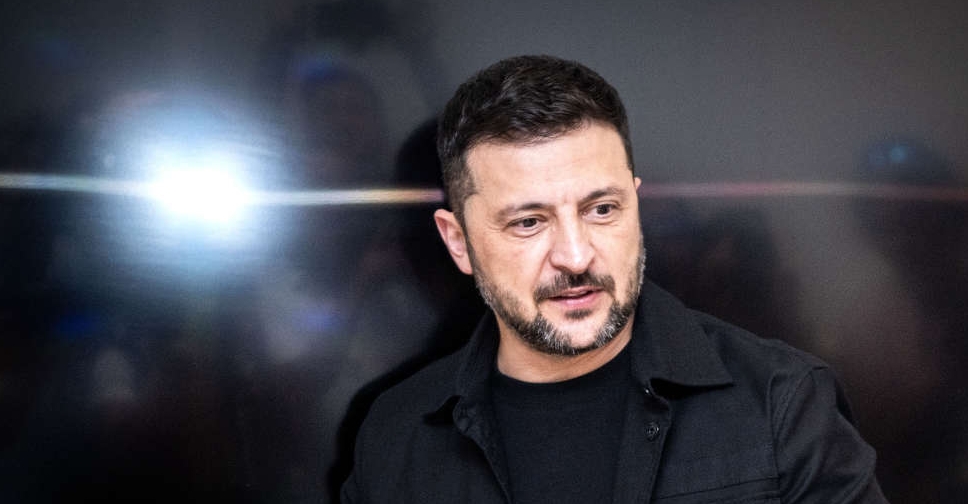 Zelenskyy and Kellogg discuss air defence and arms purchases in Kyiv
Zelenskyy and Kellogg discuss air defence and arms purchases in Kyiv
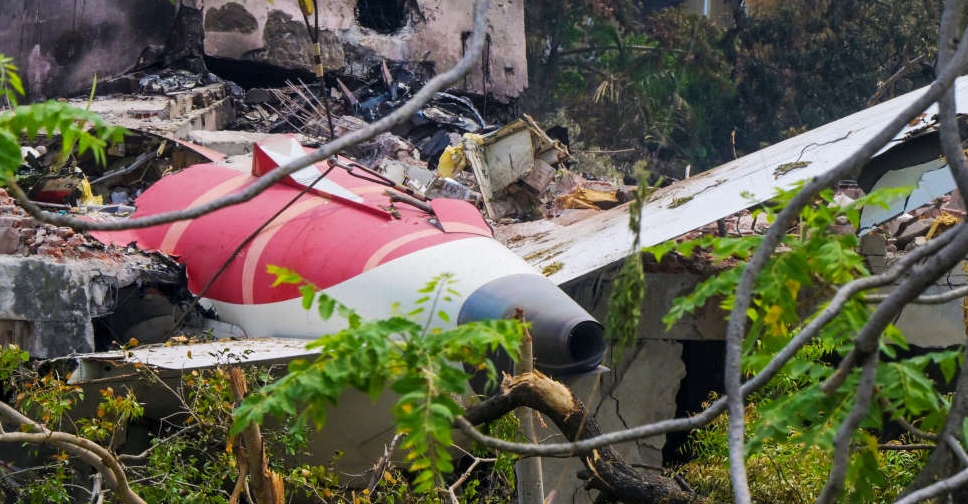 Fatal Air India crash probe 'far from over' says CEO days after prelim report
Fatal Air India crash probe 'far from over' says CEO days after prelim report
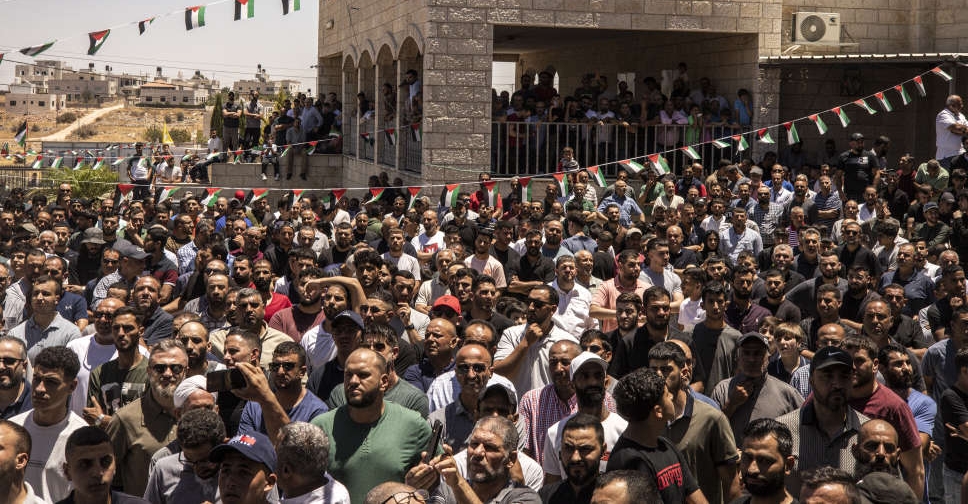 Anger at US grows in West Bank over killing of Palestinian American
Anger at US grows in West Bank over killing of Palestinian American
